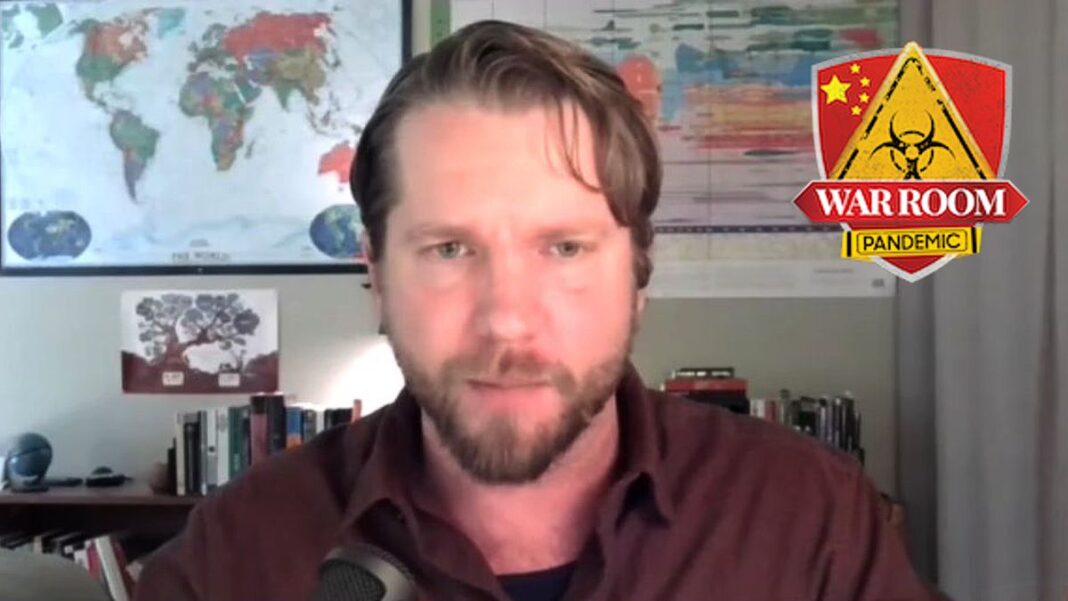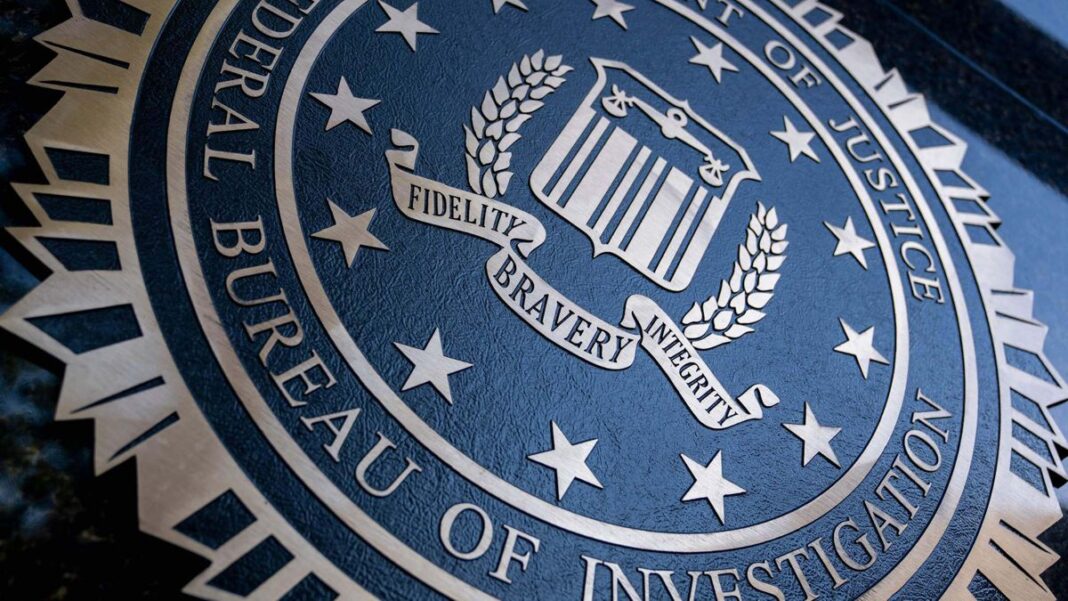Lawyers for media companies are set to appear before a federal judge in Florida on Aug. 18 to try to make the case that the main document underpinning the FBI search warrant that was executed at a residence of former President Donald Trump should be made public.
Lawyers representing the Associated Press, CNN, the Miami Herald, and other companies will go before U.S. Magistrate Judge Bruce Reinhart, who approved the warrant that was executed on Aug. 8 at Mar-a-Lago in Palm Beach.
While the warrant itself and several related documents, including an incomplete inventory of items taken from Trump’s residence, were unsealed at the behest of the government and Trump, U.S. lawyers oppose releasing the affidavit underpinning the warrant, even with redactions.
Doing so, they told Reinhart in a recent filing, would “jeopardize the integrity of this national security investigation,” which centers on Trump possibly violating defense and information laws.
“If disclosed, the affidavit would serve as a roadmap to the government’s ongoing investigation, providing specific details about its direction and likely course, in a manner that is highly likely to compromise future investigative steps,” the lawyers said. “In addition, information about witnesses is particularly sensitive given the high-profile nature of this matter and the risk that the revelation of witness identities would impact their willingness to cooperate with the investigation.”
Even if redactions were made, the government still opposes the release, claiming the necessary redactions would be “so extensive as to render the remaining unsealed text devoid of meaningful content, and the release of such a redacted version would not serve any public interest.”
Replies
In a reply, media companies said that argument wasn’t enough to overcome the presumption of public access.
“The affidavit of probable cause should be released to the public, with only those redactions that are necessary to protect a compelling interest articulated by the government,” they said.
The only agreement between the parties so far is that the names of prosecutors should be sealed if the affidavit is released, according to the filing.







